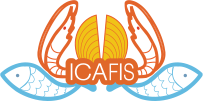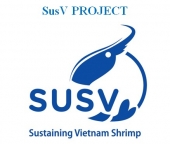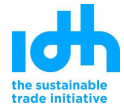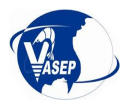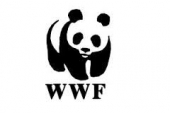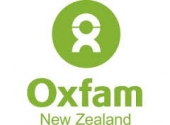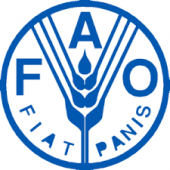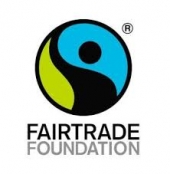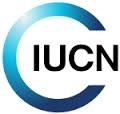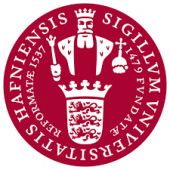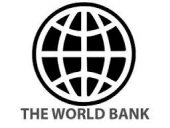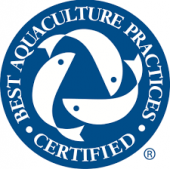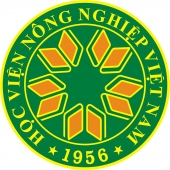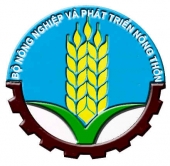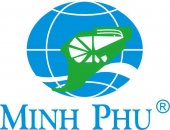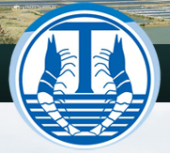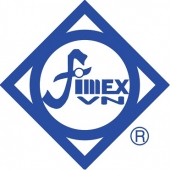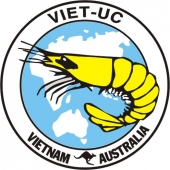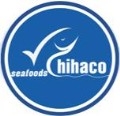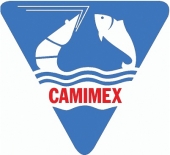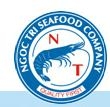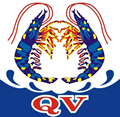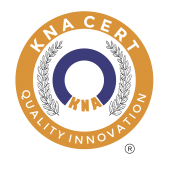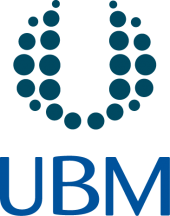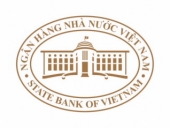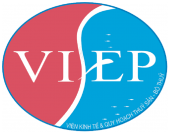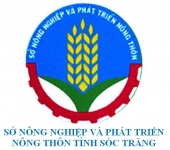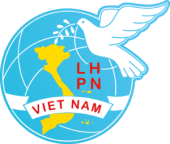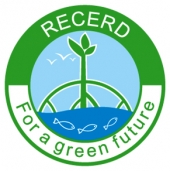For many Southeast Asian countries that rely on the ocean for livelihood and sustenance, a Fisheries Improvement Project (FIP) could be the solution to many critical problems, including the reality of a dwindling seafood supply in the face of growing populations.
Developing and implementing an FIP can be a complicated and technical proposition, however. Last October, more than 30 fisheries practitioners from Indonesia and Vietnam received some vital technical training precisely on FIPs, in workshops organized by the WWF Coral Triangle Programme.
The workshops were a response to the perceived need to develop local and regional capacity in these countries to undertake the steps, from pre-assessment to regular reviews, required to put a fisheries operation on the road to possible Marine Stewardship Council (MSC) certification - considered the “gold standard” for the evaluation of sustainable seafood. The knowledge is something small-scale fisheries, and those in developing countries, could certainly use.
“The FIP process offers an opportunity for these fisheries to enter global markets competitively through a step-wise approach in improving their management and operations, and by recognising them for their commitment to change,” said Dr. Geoffrey Muldoon, WWF Coral Triangle Programme Senior Manager for Business and Industry, in a WWF press release on the workshops.
“I think this is the first workshop to introduce FIPs in a comprehensive way in Vietnam, to a wide range of stakeholders,” says Tuong Phi Lai, a Vietnamese fisheries expert and vice-director of the International Collaborating Centre for Aquaculture and Fisheries Sustainability (ICAFIS), a non-profit organization established by the Vietnam Fisheries Society to promote aquaculture and fisheries sustainability within Vietnam and in developing countries all over the world. Lai was among the participants in the workshop, held in Nha Trang.
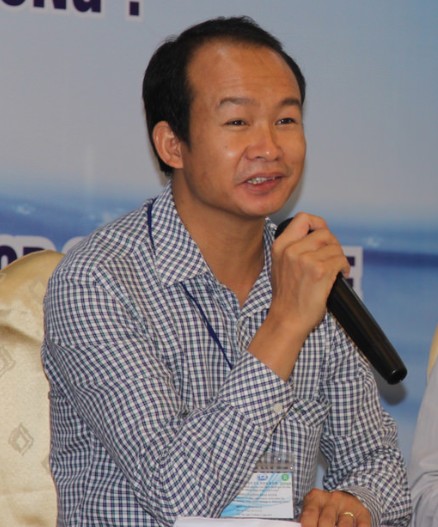
“The workshop was useful for the stakeholders to have a better understanding of FIPs, and how to promote them in Vietnam,” says Lai. “They are also learning from various FIPs all over the world, and understanding how to integrate what they learned in their own work, such as in provincial and national fisheries management, for the private sector policies of seafood companies, or for strategies of fisheries cooperatives and associations. All these points were taken up in the workshop discussion and the post-survey questionnaire.”
Local technical capacity is indeed the key to successful FIPs, Lai affirms. “It would make things less expensive to have the local expertise to develop FIPs and implement them based on market-driven initiatives. It would make us more proactive and less dependent on foreign external capacity, and it will ensure the sustainability of the FIP, and later, the MSC certification.”
Identify the gap
The skills and knowledge to conduct pre-assessment, in particular, are crucial. “Pre-assessment will help to identify the gap between current fisheries and MSC, and where a fishery needs to improve, or to compare between the current level of the specific fishery and the level of expectation of the industry. The pre-assessment can be the foundation for the development of any FIP action plan.”
Sustainable fisheries are an important issue in Vietnam, where there has been increasing awareness in the mainstream of the need for a better way to fish. “Vietnam has been talking about sustainable fisheries for 20 years, but we have not had much action to make it happen,” Lai notes. “Fisheries provide jobs and livelihood for about 1.5 million people directly, and about 1.5. million more indirectly. The Vietnamese government, the private sector, NGOs, and fishing communities are also aware that nobody will win if there are no responsible fisheries.”
Based on workshop outcomes, participants are ready to put what they learned to good use. Workshop participants were encouraged to conduct their own pre-assessments before reconvening in April 2016. “Just after the workshop, some seafood companies contacted us for advice on how to develop FIPs for squid, snapper, and octopus fisheries,” Lai reports. “Now I am trying to work with some of the trainees to address these opportunities. By next April, we hope to identify potential fisheries for MSC certification in Vietnam, and potential key technical persons to promote FIPs in the country.”
By the end of 2016, Lai hopes, a Vietnamese clam fishery will have been recertified, a scallop fishery will be gunning for MSC certification, and at least 6 more companies will be engaged in FIPs, including long-line and hand-line yellowfin tuna fisheries, trawl fisheries in Kien Giang and Ben Tre, a blue swimming crab fishery in Kien Giang, and a clam operation in Tien Giang.
Chosen by the work
Lai earned a bachelor’s degree with honours in aquaculture, and pursued masteral studies in natural resources and sustainable agriculture in Norway. “I have more than 10 years’ experience working in fisheries, but even as a child, I was catching fish near my house. I love to devote time and effort to this. I am actually not sure why I’ve been involved in this field for so long,” he says wryly. “It might be that fisheries work chose me, it was not I who chose it.”
At ICAFIS, Lai works “to promote both aquaculture and fisheries toward more sustainability. We believe that aquaculture is the way of the future, but capture fisheries are still very important to ensure the development of aquaculture. Aquaculture and capture fisheries have an interdependency.”
Like all conservationists, Lai worries about the state of the planet’s oceans. “We are aware of the state of the world’s fisheries going down due to overfishing, illegal destructive fishing, and many other factors, mainly caused by humans. I think all the world needs to act now; otherwise, before long, our children will have no fish on their plates—maybe just jellyfish!”
The FIP training workshops are breaking ground in both countries, and were put together in partnership with WWF-US, with support from the Packard Foundation. “By building regional capacity, we can reduce costs and contribute towards the overall objectives of WWF and the MSC to ensure FIPs can be initiated and undertaken successfully,” said Dr. Muldoon.
As Lai notes, the work is already bearing fruit in the minds of the Vietnamese. “There is now a big demand for sustainability from consumers, and retailers and importers have positively influenced the knowledge, attitude, and behaviour of the government, processors, and the fishing industry in Vietnam,” he says. “Now is really the time for change.”
